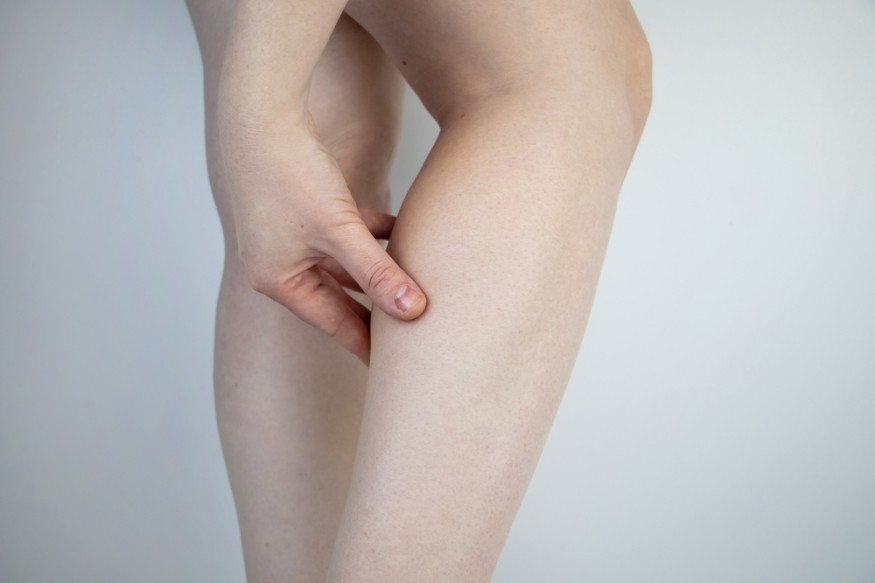
If you think leg problems only stem from the hips and the knees, think again. Many varieties of leg conditions affect the general population each year, and they can affect people of all ages, activity levels, and overall health.
A common but lesser-known diagnosis impacting the legs is Restless Leg Syndrome, also called Willis-Ekbom disease.
Those who suffer from the condition report unceasing tingling of the legs, and other unpleasant sensations that cause the individual to shake or squirm to achieve any sense of relief.
While this isn’t a dangerous disease by any means, it’s frustrating to live with, especially when trying to concentrate on a task or fall asleep at night. Here are a few of the best-known tips to help you alleviate restless leg syndrome and possibly put an end to it for good.
Simple Daily Adjustments
The answer to tingling or restless legs is often found in basic lifestyle changes.
Diet and exercise are the go-to solutions for the majority of health problems, and you can calm the legs by simply working them harder on a bicycle, walking path, or squat rack.
Eating nutrient-dense foods also contributes to the overall health of the body, helping to regulate hormones and vitamins throughout our organs and muscles. Try a few weeks of hard exercise and clean eating before you seek medical attention for restless leg syndrome.
If falling asleep is your primary obstacle, it might be time to analyze your sleep hygiene.
Create a cool, dark sleeping chamber with zero distractions or screens that you can retreat to at the end of a long day. A relaxing shower, a cup of chamomile tea, a good book, and perhaps some essential oil aromatherapy can help you get in the zone for Z’s.
Restless legs could be a symptom of deeper anxiety as well, so try out some meditation in the evening and try to remove stressful factors in your life as much as possible.
Medications and Supplements
Doctors prescribe a range of prescriptions and therapeutic treatments for restless leg syndrome, with mixed results. Some physicians offer muscle relaxants to take at night, while others suggest that anti-depressant meds will boost dopamine levels in the brain and calm restless or tingling legs as a result.
If those measures seem a bit extreme, there are low-risk supplements that can help address hormone and vitamin deficiencies in the body, some of which could be linked to restless legs. The most common suggestions are zinc, magnesium, calcium, and B-vitamins.
It’s never a bad idea to get your bloodwork done on occasion and see where you may be deficient in certain areas. Address these shortcomings and you’ll notice many nagging health issues fade away in time.
Arranging for Comfort at Home
Restless, tingling legs can be a mystery, but the solution may be simpler than you think. Create a comfortable environment that allows your legs to relax with orthopedic cushions or pillows, whether it’s sitting at your desk, lounging on the couch, or laid back in bed at night.
A memory foam knee pillow, for example, can be pitted perfectly between your knees as you rest on your side, ensuring good posture for hours. A foam footrest can give your feet and toes a place to push around and rest as you work at your desk.
Small changes to your posture and some extra support from memory foam cushions can go a long way, so try them before springing to medical conclusions.
Test out a few lifestyle changes and supplementation stacks, along with some orthopedic products described above, and you could have a winning formula to finally keep those legs rested and relaxed.
© 2025 NatureWorldNews.com All rights reserved. Do not reproduce without permission.





